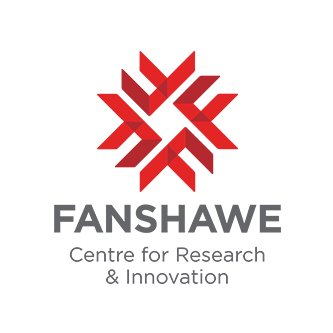by Grow Up Conference | Sep 2, 2021
Since legalization in October 2018 many cannabis businesses have emerged and participated in the Canadian green rush. Some have succeeded and some haven’t. There are still opportunities to start a cannabis business in a smart, efficient and sustainable way after establishing a business plan there are security, compliance and build out or renovation considerations. Hear from some of the industry’s top experts in security, compliance and building experts from their experiences and knowledge how to prepare, things to consider and where there are opportunities to leverage new and existing regulatory pathways to still thrive. Join us for this engaging and interactive discussion.
Moderator – Jennifer van Dijk
by Grow Up Conference | Sep 1, 2021
In reality, however, some waters do very little to support life and can actually restrict growth.
We are going to explore what waters you should be using to maximize your yield while also minimizing your chem requirements, time, and water usage.

by RANDY ROWE | Aug 11, 2021
A discussion on how a college and its experiences assisting companies in the cannabis economy can help advance R&D and access to new technology and methods, like minor cannibiniods and into food & beverage products.
Moderator – Andrew Kaszowski
Brought To You By: FANSHAWE Centre for Research & Innovation



Recent Comments